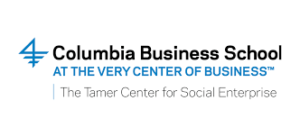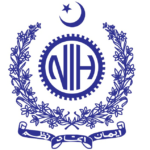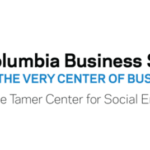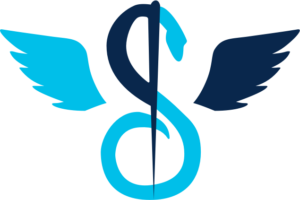Development Projects
Saving 9 works to ensure the physical and mental safety of Pakistan’s citizens by enabling them with the tools, resources and knowledge needed to save a life.
Through extensive medical training, consultancy, and sustainable emergency medical response systems, we aim to empower communities with inadequate access to healthcare services.
Safe School Spaces
Teacher and Administrator training, focusing on equipping educators to be more empathic and proactive in their approach to teaching, replacing the use of methods such as corporal punishment. The project focuses on creating school customized action plans and a mentoring network, linking schools through opportunities they can provide to young learners.
- 41 teachers trained from 5 schools
- Created a network of problem solving where the teachers find innovative solutions for struggling students and find alternatives for corporal punishments.
- 4 out of 5 schools have put a ban on corporal punishment


Covid 19: Ensuring Citizen Safety
- Serving a population of 40,000 people by sharing personal protective equipment with local medical responders and medical staff, and spreading awareness of social distancing, proper disinfecting methods, and how to sanitize and re-use PPE.
- Transporting patients safely to and from medical facilities to provide access to COVID-19 testing, disinfection, and implementing quarantine in local areas.
- Compiling data for distributing rations of up to 408 financially dependent individuals.
- Creating quarantine zones for patients with potential symptoms of the virus on real and virtual maps.




Student Scouts Program
A comprehensive student scouts’ training system, across 17 schools in the Union Council 7 region, with the goal to create a self-sustaining mechanism for the spread of first aid literacy in the region.
Students are taught a basic first aid training course, allowing them to develop professionally, and contribute to their community. As of January 2020, more than 100 students are undergoing this training.
- Reintroduced scout system in Pind Begwal
- 40 students inducted as part of the scout system
- First of its kind first-aid scout system
- Onboarded Madrassahs to learn first-aid education
- Madrassah students expand reach of live saving skills across Pakistan
Glucose Trail Project
12-month telemedicine project, pioneered by Saving 9 in Pakistan.
developed under the guidance of Naaznin Lokhandwala, MD, USA-based endocrinologist and co-founder of Glucose Trail, a US-based initiative.
based on the Glucose Trail app which specialises in recording the relevant measurements, data and history of the patients in Urdu (local language) by the Health Care Companions.
The project aimed to prescribe medication, exercise and diet, customized to each patient, based on criteria developed for areas without access to healthcare.
- Created employment opportunities for women
- Mobilized the community to collectively fight against diabetes
- Technologically empowered women through the use of an app
Citizen Responder Program
- Hands-on workshops to equip everyday citizens to bolster the safety and wellbeing of their community.
- These workshops equip adult learners to respond to common household emergencies (burns, choking, heat stroke etc) enabling them to minimize danger prior to seeking professional medical help.
Sitaron Ka Sahara
Sitaron ka Sahara focuses on improving the socio-emotional needs of students. This initiative will transform how teachers communicate with students, breeding a culture of empathy. This campaign aims to create safe and inclusive campuses.
In 2019 we did a 6 month long pilot that proved what is possible. We worked with 41 teachers from 5 schools in rural Islamabad. By helping them transform their classroom practices and school culture we found dramatic improvement in:
- Academic performance
- Reduction in corporal punishment
- Teacher-student relations
- Teaching methods




